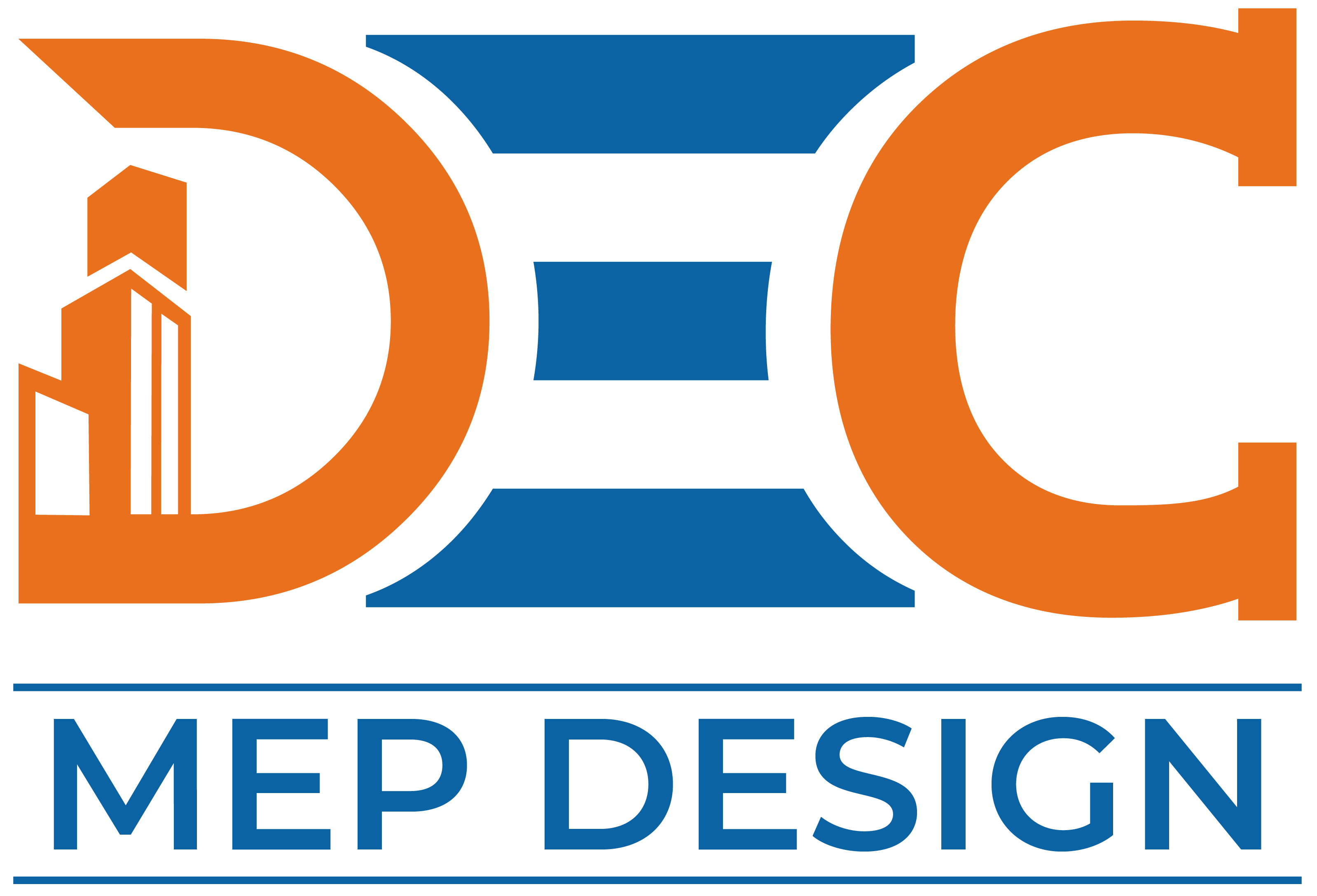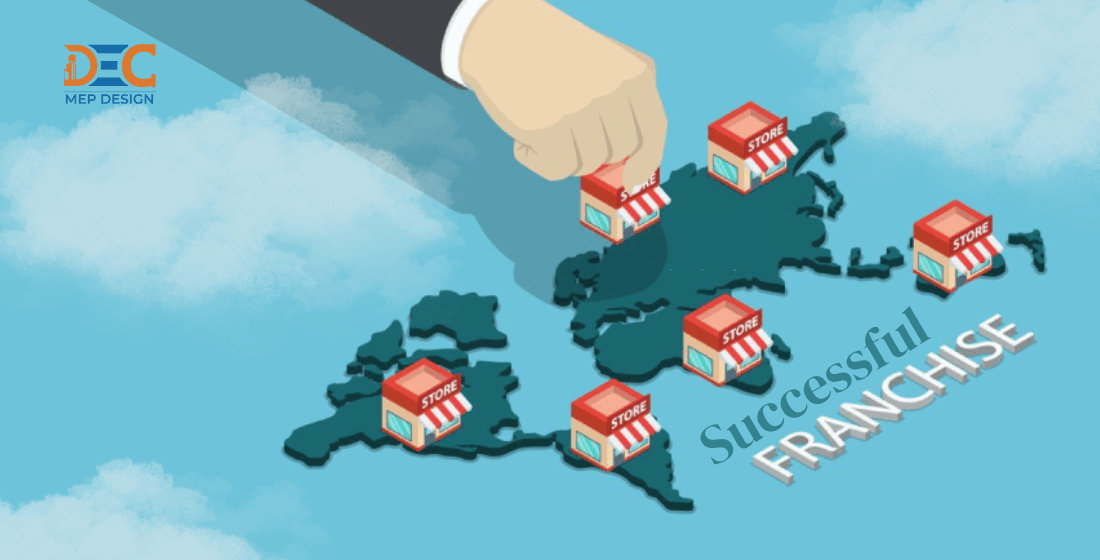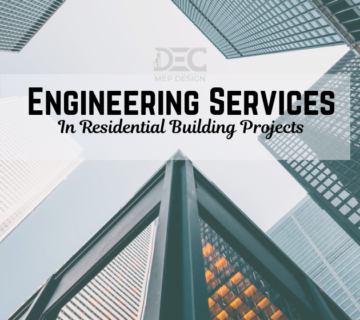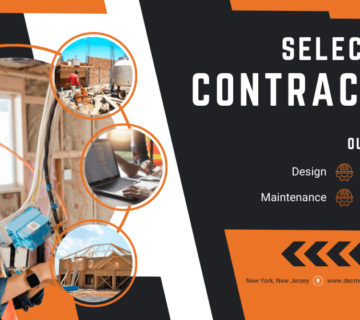Introduction
Effective establishments have three successful franchise traits that drive long-term success and growth.
- Solid Brand Acknowledgment: A well-established, trusted brand is essential to attract both clients and franchisees. Brand acknowledgment causes client devotion, upgrades marketing viability, and quickens advertising infiltration.
- Demonstrated and versatile commerce shows:
An effective establishment is built on a well-defined, replicable commerce show with characterized frameworks and forms. This includes total operational manuals, promoting methodologies, and building up provider connections to ensure consistency and productivity in all areas. - Solid back and preparation: fruitful establishments regularly offer advanced, arranged, and continuous broad support, beginning with the beginning of preparation or direction. This minimizes dangers and places franchisees in a great position for victory over time.
These components come together to deliver a solid establishment for feasible development, productivity, and lifespan for both franchisors and franchisees.
The most important prerequisites for guaranteeing the victory of operations and the versatility of MEP in planning establishments include a few successful franchise traits that must be built into the frameworks to not only back the specialized needs of MEP but also to maintain franchisees’ consistency and profitability across numerous areas.
The most critical characteristics:
1. Modular & Adaptable Design:
Secluded MEP frameworks in establishment plans permit simple adjustments and scaling in different areas of an establishment. The plans must encourage standardization but suit the special, nearby building codes, space, and climatic conditions of diverse areas. The measured MEP frameworks ensured that the parts could be duplicated and introduced with small alterations. Franchisees can roll out frameworks more successfully because of this.
Benefits: Binding together in establishment and upkeep, quickening rollout throughout modern areas, and adaptable with lower costs.
2. Innovative and Mechanized Integration:
As MEP frameworks become more innovative, particularly with the most recent innovations such as shrewd controls, robotization, and energy-efficient frameworks, they must be included in a fruitful establishment demonstration. Actualizing robotized frameworks for lighting, HVAC, water administration, and vitality observation permits more efficiency in vitality utilization and diminishes the fetching of operations for all areas.
Benefits: Expanded operational effectiveness, decreased vitality costs, competitive edge in supportability, engaging present-day clients.
3. Consistent Quality Standards:
A fruitful MEP establishment plan maintains the quality of security measures and frameworks in all areas. Usually, it is conceivable that a standard streamlined strategy for the establishment, operation, and support of MEP frameworks exists. Franchisees must be bound by a centralized set of methods that meet or surpass industry benchmarks for secure, solid, and compliant frameworks at each location.
Benefits: Lower risk of framework breakdown, expanded secure utilization by clients, and responsiveness to local statute requirements.
4. Strategic Supply Chain Management:
One of the fundamental components of planning a fruitful MEP establishment relates to an organization’s solid chain of supply, on which there is a centralized control setup that guarantees promptly accessible high-class materials and all the hardware from which there remains legitimate fetched taking care, item safety, and accessible assets for establishing additional support work between franchisees.
Benefits: It spares franchisees cash through bulk purchasing, maintains reliable item quality, and rearranges coordination.
5. Comprehensive Training Programs:
In MEP establishment, mastery in plumbing, electrical, and mechanical frameworks is the foremost fundamental information. Advertising a comprehensive preparation program that explains the MEP framework establishment, operation, investigation, and security is an important component of victory for the establishment. Continuous specialized training ensures franchisees gain an understanding of issues, which eventually contributes to better operational productivity.
Benefits: Highly skilled and learned faculty, minimal downtime amid benefit arrangement, and superior client satisfaction.
6. Regulatory Adaptability:
Standardization is significant, but successful franchise traits establish plans that must be adaptable to neighborhood building codes, administrative measures, and natural conditions. This ensures the franchise’s compliance with the benchmarks in any given area. Franchisees must be able to plan or alter their plans without compromising their quality or effectiveness.
Benefits: Compliance with nearby laws and regulations, diminished risk from the case, and smooth operation in different areas.
7. Sustainability Focus:
Supportability is one of the crucial characteristics of the MEP plans of establishments. With energy-efficient framework plans, utilization of eco-friendly materials, and integration of renewable energy sources such as solar control, an establishment would be differentiated from others within the advertisement. Feasible operations do not diminish operational costs but guarantee that the establishments meet the desires of shoppers with regard to environmentally friendly businesses.
Benefits: incorporate lower operational costs, superior brand images, and compliance with client preferences for feasible commerce.
Conclusion
These characteristics are vital for creating a proficient, cost-effective, and adaptable MEP that can maintain quality and compliance. These standards, when centered upon, guarantee the long-term victory and benefit of an MEP establishment while providing a competitive edge within the commercial center.
Let’s Build a Smarter, Scalable, and Sustainable Franchise Infrastructure Together!
How to Choose the Right MEP System for Your Franchise
Selecting the appropriate MEP system is a critical step in ensuring operational efficiency, sustainability, and long-term profitability for your franchise. Follow these steps to make the right choice:
- Understand Your Franchise Requirements:
Identify the unique MEP requirements based on your franchise’s industry. For example, a restaurant franchise will need robust HVAC and plumbing systems, while a retail store may require advanced lighting and security systems.
- Conduct a Site Assessment:
Hire professional MEP engineers to assess the commercial space before signing the lease. This helps identify existing MEP infrastructure and any upgrades required to meet your franchise’s needs.
- Follow Franchise Design Manuals:
Refer to the franchise’s official design guidelines, which often include MEP system specifications. This ensures your MEP systems align with the brand’s quality and operational standards.
- Implement Energy-Efficient Solutions:
Incorporate energy-saving technologies like LED lighting, smart HVAC controls, and water-efficient plumbing to minimize operational costs and meet sustainability goals.
- Partner with Experienced MEP Professionals:
Work with experienced MEP consultants or engineering firms who understand local building codes and can provide customized solutions for your franchise location.
- Ensure Compliance with Local Regulations:
Verify that the MEP systems are designed to comply with local building codes, safety standards, and environmental regulations to avoid legal complications.
- Plan for Maintenance and Support:
Establish regular maintenance schedules and secure technical support to ensure the long-term reliability of MEP systems across multiple franchise locations.
Frequently Asked Questions:
MEP (Mechanical, Electrical, and Plumbing) systems are essential for franchise businesses as they ensure proper infrastructure, energy efficiency, and operational reliability. A well-designed MEP system enhances the comfort, safety, and sustainability of franchise outlets.
Modular MEP designs enable faster installation, easier scalability, and standardized components across multiple locations, making the rollout process more efficient and cost-effective.
Franchises can maintain consistent quality by establishing standardized installation procedures, providing comprehensive training, and working with experienced MEP engineers to ensure compliance with industry standards.
Sustainable MEP systems reduce operational costs, enhance brand reputation, and align with consumer preferences for eco-friendly businesses, making the franchise more competitive in the market.
Strategic supply chain management ensures the availability of high-quality materials, reduces procurement costs through bulk purchasing, and maintains consistency across franchise locations.
Training programs should cover system installation, operation, troubleshooting, and safety protocols to empower franchisees with the necessary technical skills and knowledge.





No comment